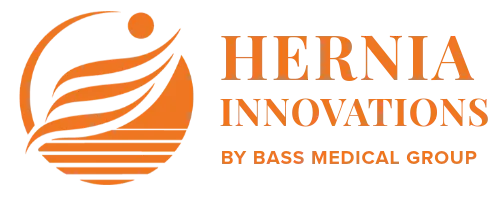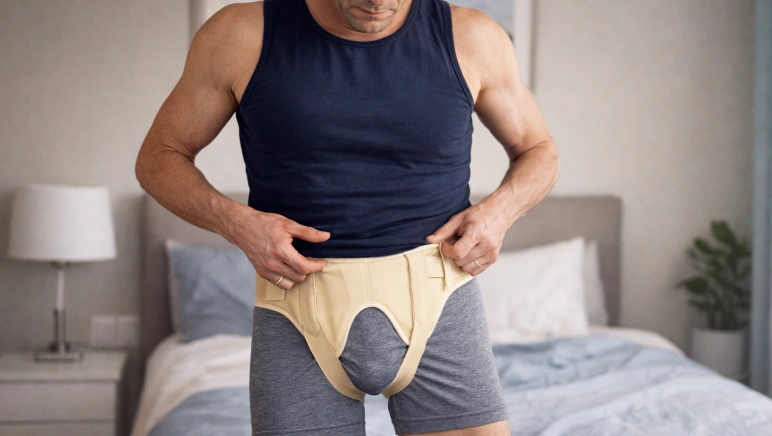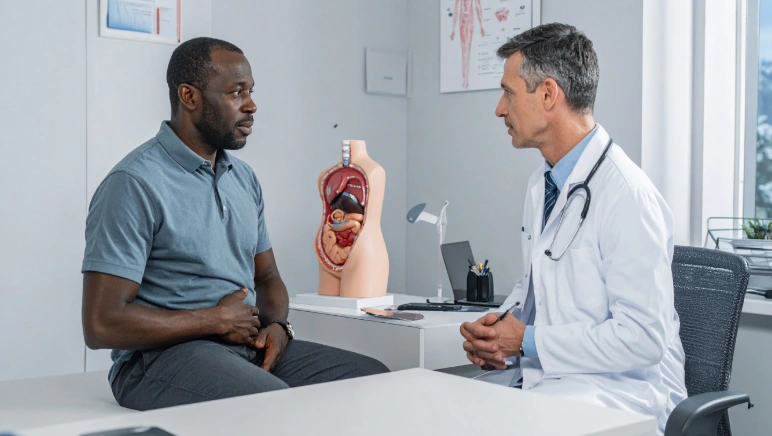
If you're here, you likely already know what a hernia is and are seeking answers regarding Spigelian hernia, a less common but equally concerning type. In this article, we will delve into the specifics of Spigelian hernia, its causes, treatment options, and what you can expect during recovery. We'll keep it concise and informative, so let's get right into it.
Understanding Spigelian Hernia
Spigelian hernia, often termed "ventral hernia," occurs when a portion of the abdominal wall weakens or tears, allowing the underlying tissue or organs to push through. Unlike more common hernias, such as inguinal or umbilical hernias, Spigelian hernias are less prevalent but equally troublesome.
Causes of Spigelian Hernia
Understanding what causes a Spigelian hernia is essential for prevention and proper management. These hernias typically result from a combination of factors:
- Weak Abdominal Muscles: A primary factor is weakened or damaged abdominal muscles. These muscles play a crucial role in maintaining the integrity of the abdominal wall. Any weakening or tearing can create a vulnerability for hernias to develop.
- Congenital Predisposition: Some individuals may have a genetic predisposition to developing hernias, including Spigelian hernias. In such cases, there may be a family history of hernias.
- Age and Lifestyle: As we age, our abdominal muscles can naturally weaken. Additionally, factors such as obesity, heavy lifting, and chronic coughing can contribute to the development of Spigelian hernias.
- Previous Surgeries: If you've had abdominal surgery in the past, the incision site can be a potential weak point, making hernias more likely to occur.
Diagnosing Spigelian Hernia
Diagnosing a Spigelian hernia typically involves a combination of your medical history, a physical examination, and diagnostic imaging. Your healthcare provider will inquire about your symptoms and medical history to identify potential risk factors.
During a physical exam, they may feel a palpable lump or bulge in your abdominal wall, suggestive of a hernia. To confirm the diagnosis and assess the hernia's size and location, you may undergo imaging studies like ultrasound, CT scans, or MRI scans.
Treatment Options
When it comes to treating Spigelian hernias, several factors determine the course of action, including the size of the hernia, symptoms, and your healthcare provider's recommendations. For smaller or asymptomatic hernias, your healthcare provider may suggest lifestyle modifications and using abdominal binders. These lifestyle changes may include avoiding heavy lifting, managing obesity, and addressing chronic coughing.
However, in cases of large, painful, or complicated Spigelian hernias, surgical intervention is the recommended course of action. Surgery options include open surgery and minimally invasive laparoscopic procedures. Open surgery involves making an incision over the hernia site and repairing the weakened abdominal wall with sutures or a mesh. Laparoscopic surgery uses small incisions and specialized instruments to repair the hernia with minimal tissue disruption.
Recovery Process
Following Spigelian hernia surgery, you can typically expect a short hospital stay or an outpatient procedure. At this stage, pain management becomes crucial, and your healthcare provider will prescribe medications to alleviate any discomfort. We have a detailed guide on managing hernia discomfort with some easy tips that you can refer to for further guidance.
While resuming normal activities, including heavy lifting, is discouraged for several weeks, you'll be encouraged to gradually reintroduce them as you heal. It's also important to maintain a balanced diet after hernia surgery, stay hydrated, and avoid constipation for a smooth recovery.
Complications and Risks
Though Spigelian hernia surgery is generally safe, it's essential to be aware of potential complications. These include the risk of infection at the incision site, the possibility of hernia recurrence if you don't follow post-operative instructions, and, in rare cases, nerve damage that can lead to abdominal numbness or tingling.
Lifestyle Modifications
To reduce the risk of hernia recurrence and improve your overall well-being, consider making lifestyle modifications. Maintaining a healthy weight can alleviate strain on your abdominal muscles. Avoiding heavy lifting or using proper lifting techniques is crucial. Engaging in regular physical activity to strengthen your core muscles and quitting smoking can aid in the healing process. If you have chronic conditions like a chronic cough, managing them is advisable to reduce strain on your abdominal wall.
If you or a loved one is dealing with any type of hernia, including Spigelian hernia, remember that timely and effective treatment is essential. At Hernia Innovations, we specialize in treating all types of hernias with the latest and most advanced methods. Your well-being is our priority, and our expert team is here to provide you with the best possible care.
Your journey to hernia recovery starts with a single step. Contact us at Hernia Innovations today, and let us guide you towards a healthier and hernia-free life.
Fresh Insights from Leading Hernia Specialists
Stay informed with expert blogs on hernia symptoms, treatment options, prevention strategies, and recovery tips.






.webp)
